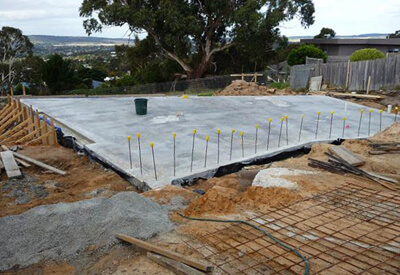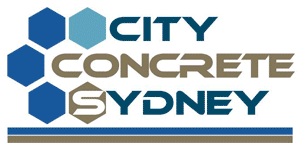How much do house slabs cost?
Not all house slabs are created equal. A large majority of residential slabs in Australia today are made with one variation of concrete slab or another. House Slabs are designed by an engineer, who will determine the best slab type for your home design. There are a range of slab types, so it is hard to put a price on it. You are better off talking to a reputable, professional residential concreter. They should be experienced concrete construction experts . They can give you an estimate or quote on your job. Foundation slabs add to the thermal properties of your home. Concrete slabs are long-lasting and prevent moisture from coming into your home. Your basic slab is easily constructed with economical formwork. Waffle pod slabs are cost-effective in terms of the time to prepare and construct. They are frequently used by project home builders. Their lightweight construction reduces the cost of labour-intensive trenching. The site preparation is less complex and quicker, this reduces the labour costs and therefore overall costs. The easiest way to find the rice of a house slab is to speak to a local concreter.

What are the types of slabs?
The type of house slab you need will be decided by the architect and engineer who designed your home. There are many types of slabs. Some slabs are better in particular situations than others. Some plain concrete slabs are more economical than others. The design of your conventional slabs is dependent on the type of soil you have, whether it is flat or sloping and the type of soil you have. Reactive soils require more substantial slabs. Of course, some slab designs are cheaper than others. The main types of conventional slabs used in Australia include waffle pod slabs, one-way running slabs, flat slabs, composite slabs, two-way spanning slabs, bubble deck slabs, hardy slabs, flat plate slabs, hollow core slabs, waffle slab(grid slabs), slabs on grade and precast slabs. The advantage of using Concreting Works slabs is that they simplify the construction process. The concrete also offers strong structural stability. Concrete slabs are also environmentally friendly as the carbon produced during the manufacturing process is offset by the thermal properties of the slab. The concrete absorbs heat during the day and releases it during the night which give lower cooling and heating costs for your concrete project
What is the difference between a concrete slab and a cement slab?
The answer to this question is easy. There is no difference. The two words concrete and cement are often used to describe the same thing. What people don’t realise is cement is actually an ingredient of concrete. Cement is the ingredient, concrete is the product that is made from cement. House slabs and concrete driveways are made from concrete made with cement. Cement is made by heating limestone, clay and sand to a high temperature in a kiln, then crushing it into a fine powder which is cement. This cement is used to make the concrete for your concrete project. Plain concrete slabs are a common use of concrete as well as other products such as driveways and retaining walls. These concrete services can be provided by your local reputable concreting company.
